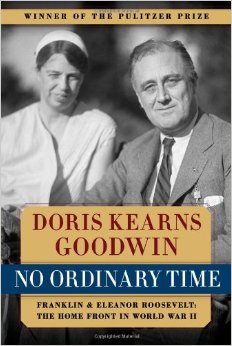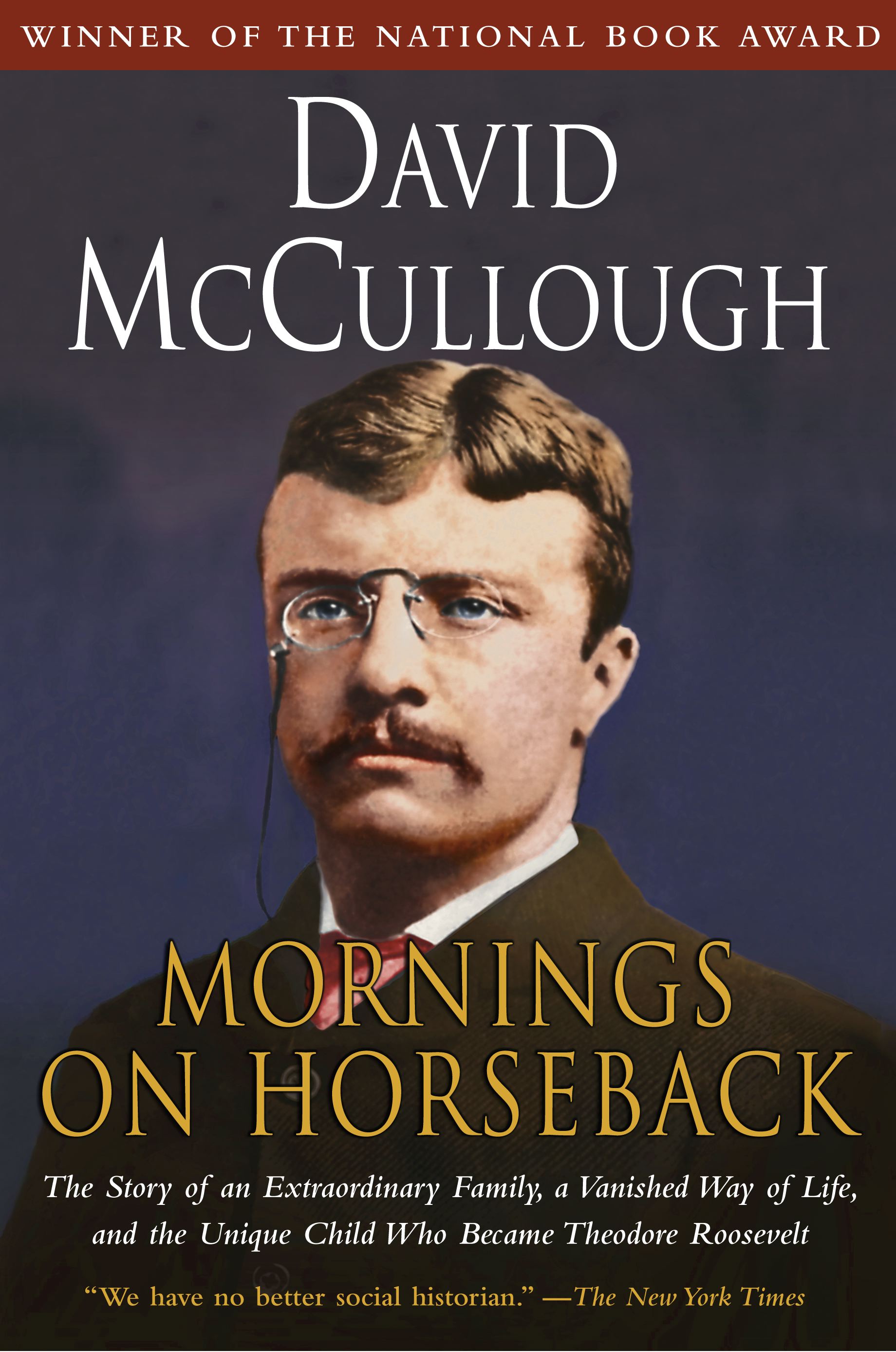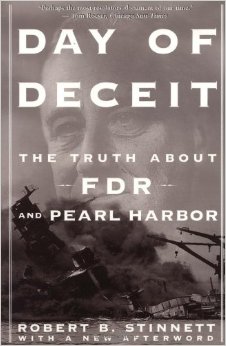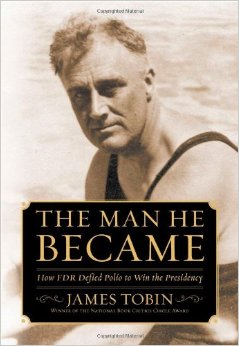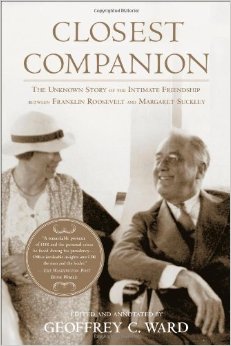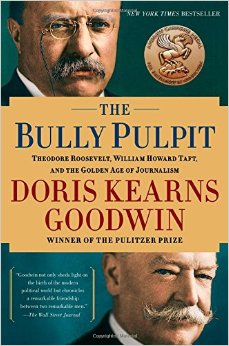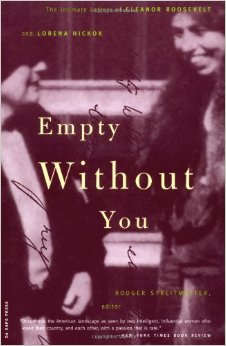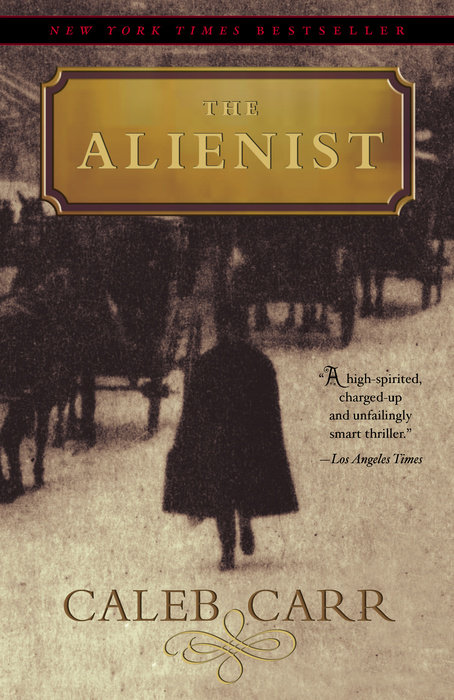A documentary, no matter how brilliant, can only scratch the surface of the extraordinary Roosevelt family. These books pick up where Ken Burns’ film left off.
Teddy, Franklin, and Eleanor: 8 Books That Explore the Other Side of the Roosevelts
Winner of the Pulitzer Prize for History, No Ordinary Time weaves together a number of story lines—Eleanor and Franklin’s marriage and remarkable partnership, Eleanor’s life as First Lady, and FDR’s White House and its impact on America as well as on a world at war. Goodwin effectively melds these details and stories into an intimate portrait of Eleanor and Franklin and of the time during which a new, modern America was born.
Winner of the Pulitzer Prize for History, No Ordinary Time weaves together a number of story lines—Eleanor and Franklin’s marriage and remarkable partnership, Eleanor’s life as First Lady, and FDR’s White House and its impact on America as well as on a world at war. Goodwin effectively melds these details and stories into an intimate portrait of Eleanor and Franklin and of the time during which a new, modern America was born.
The National Book Award–winning biography that tells the story of how young Teddy Roosevelt transformed himself from a sickly boy into the vigorous man who would become a war hero and ultimately president of the United States, told by master historian David McCullough.
In this National Book Award–winning work, McCullough paints an intimate portrait of a young Roosevelt that explores his metamorphosis from a sickly child into the adventurer and statesman who left an indelible mark on American history.
In Day of Deceit, Robert Stinnett delivers the definitive final chapter on America's greatest secret and our worst military disaster. Drawing on twenty years of research and access to scores of previously classified documents, Stinnett proves that Pearl Harbor was not an accident, a mere failure of American intelligence, or a brilliant Japanese military coup. By showing that ample warning of the attack was on FDR's desk and, furthermore, that a plan to push Japan into war was initiated at the highest levels of the U.S. government, he ends up profoundly altering our understanding of one of the most significant events in American history.
In Day of Deceit, Robert Stinnett delivers the definitive final chapter on America's greatest secret and our worst military disaster. Drawing on twenty years of research and access to scores of previously classified documents, Stinnett proves that Pearl Harbor was not an accident, a mere failure of American intelligence, or a brilliant Japanese military coup. By showing that ample warning of the attack was on FDR's desk and, furthermore, that a plan to push Japan into war was initiated at the highest levels of the U.S. government, he ends up profoundly altering our understanding of one of the most significant events in American history.
Here, from James Tobin, winner of the National Book Critics Circle Award in biography, is the story of the greatest comeback in American political history, a saga long buried in half-truth, distortion, and myth—Franklin Roosevelt’s ten-year climb from paralysis to the White House.
Here, from James Tobin, winner of the National Book Critics Circle Award in biography, is the story of the greatest comeback in American political history, a saga long buried in half-truth, distortion, and myth—Franklin Roosevelt’s ten-year climb from paralysis to the White House.
For the first time in paperback, the highly acclaimed, remarkably intimate, and surprisingly revealing secret diary of the woman who spent more private time with FDR than any other person during his years in the White house. At once a love story and a major contribution to history, it offers dramatic new insights into FDR—both the man and the president.
For the first time in paperback, the highly acclaimed, remarkably intimate, and surprisingly revealing secret diary of the woman who spent more private time with FDR than any other person during his years in the White house. At once a love story and a major contribution to history, it offers dramatic new insights into FDR—both the man and the president.
Doris Kearns Goodwin’s masterful work is a dynamic history of the first decade of the Progressive era, that tumultuous time when the nation was coming unseamed and reform was in the air.
Beginning with the birth of Theodore in 1858 and ending with the death of Eleanor in 1962, the documentary The Roosevelts: An Intimate History covers more than 100 years of American history and draws on two of Doris Kearns Goodwin’s masterful books. Told through the friendship of Theodore Roosevelt and William Howard Taft, The Bully Pulpit is the story of the Progressive Era’s muckraking press, which helped Roosevelt crack down on the era’s robber barons, corrupt politicians, and corporate exploiters.
In 1978, more than 3,500 letters written over a thirty-year friendship between Eleanor Roosevelt and Lorena Hickok were discovered by archivists. Although the most explicit letters had been burned (Lorena told Eleanor's daughter, "Your mother wasn't always so very discreet in her letters to me"), the find was still electrifying enough to create controversy about the nature of the women's relationship. Historian Rodger Streitmatter has transcribed and annotated more than 300 of those letters—published here for the first time—and put them within the context of the lives of these two extraordinary women, allowing us to understand the role of this remarkable friendship in Roosevelt's transformation into a crusading First Lady.
In 1978, more than 3,500 letters written over a thirty-year friendship between Eleanor Roosevelt and Lorena Hickok were discovered by archivists. Although the most explicit letters had been burned (Lorena told Eleanor's daughter, "Your mother wasn't always so very discreet in her letters to me"), the find was still electrifying enough to create controversy about the nature of the women's relationship. Historian Rodger Streitmatter has transcribed and annotated more than 300 of those letters—published here for the first time—and put them within the context of the lives of these two extraordinary women, allowing us to understand the role of this remarkable friendship in Roosevelt's transformation into a crusading First Lady.
Fast-paced and gripping, infused with a historian's exactitude, The Alienist conjures up the Gilded Age and its untarnished underside: verminous tenements and opulent mansions, corrupt cops and flamboyant gangsters, shining opera houses and seamy gin mills. Here is a New York during an age when questioning society's belief that all killers are born, not made, could have unexpected and mortal consequences.
Fast-paced and gripping, infused with a historian's exactitude, The Alienist conjures up the Gilded Age and its untarnished underside: verminous tenements and opulent mansions, corrupt cops and flamboyant gangsters, shining opera houses and seamy gin mills. Here is a New York during an age when questioning society's belief that all killers are born, not made, could have unexpected and mortal consequences.
MENTIONED IN:

